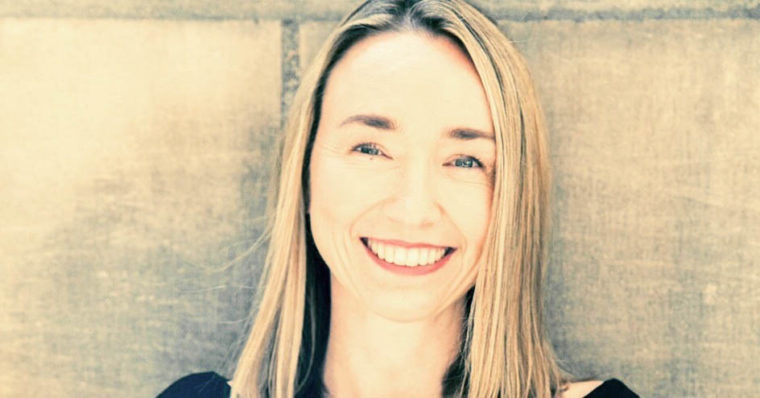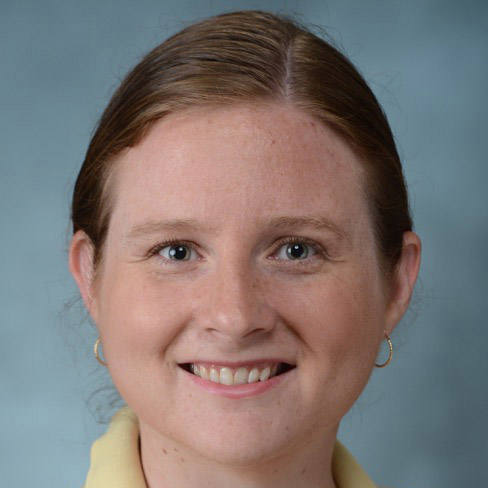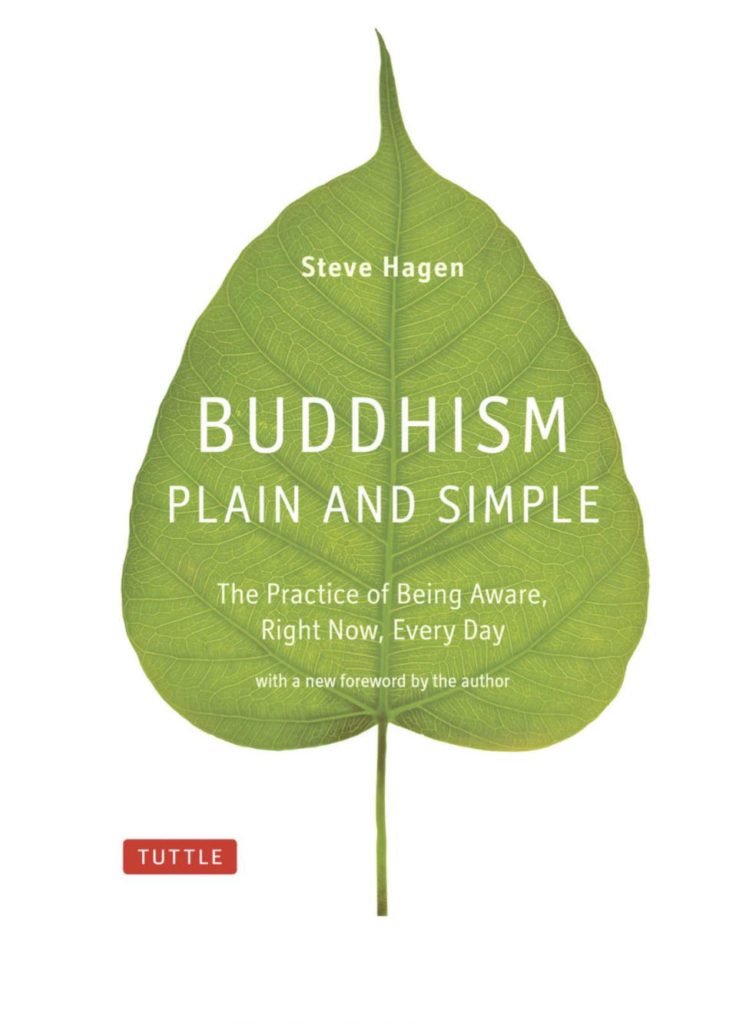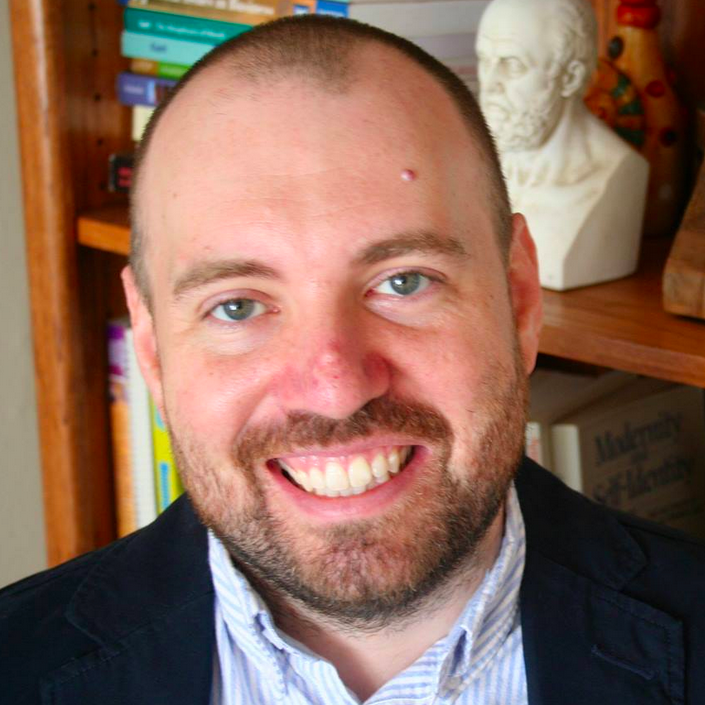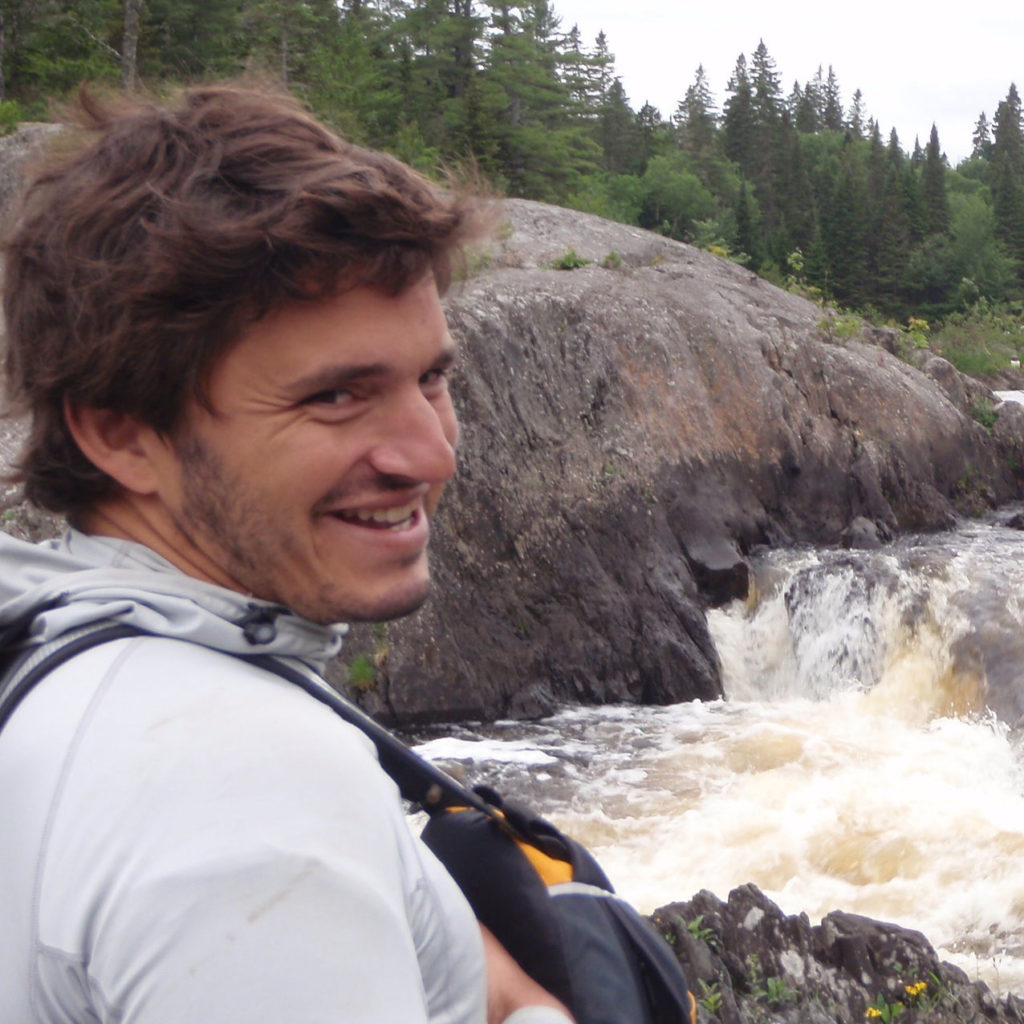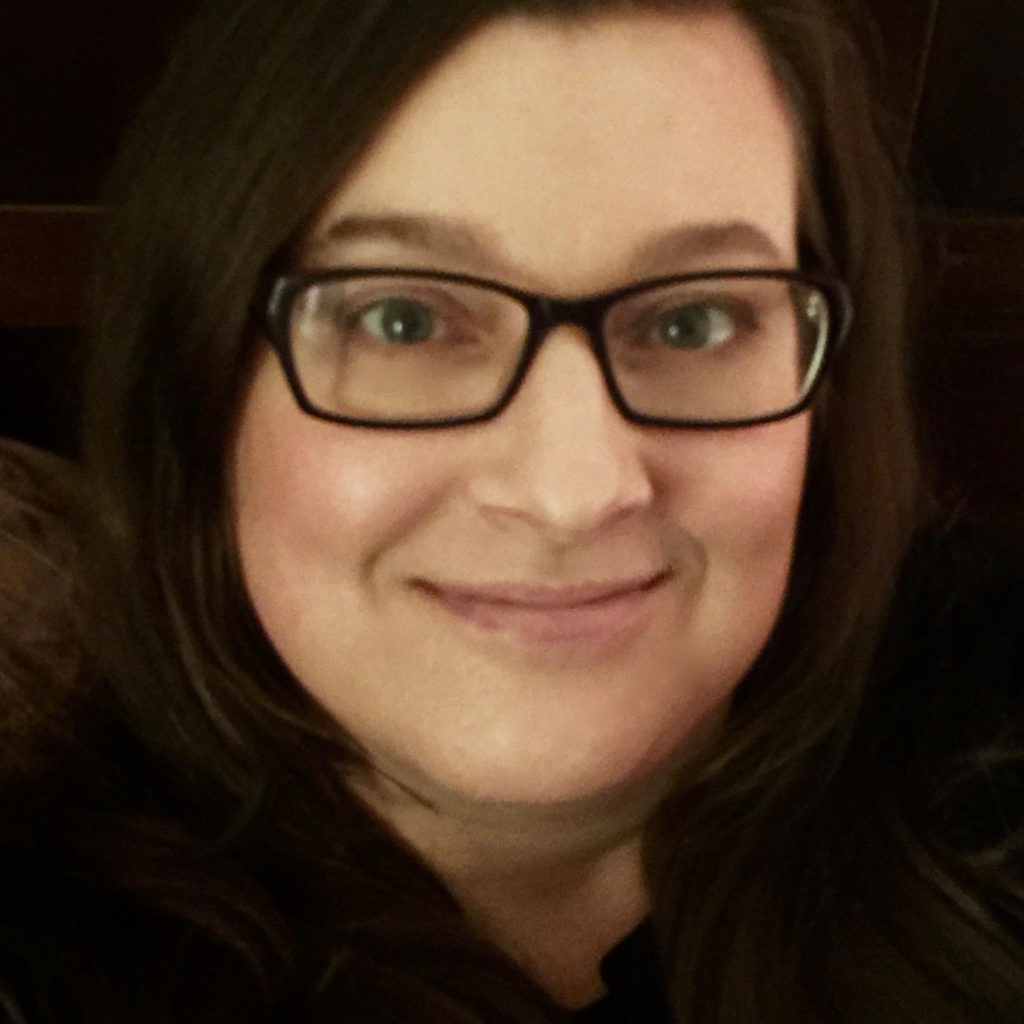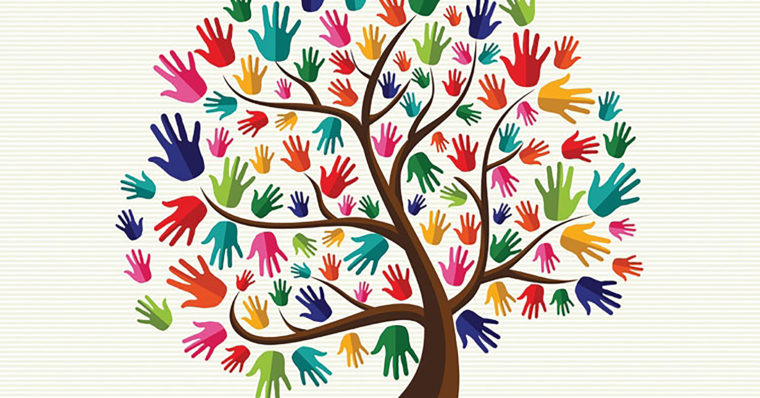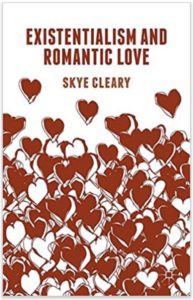
Dr. Cleary not only has her PhD in philosophy, but also a Master’s degree in Business Administration. She teaches at Columbia University, Barnard College, and The City College of New York, and she has taught at the New York Public Library. She also is the managing editor for the American Philosophical Association’s APA Blog, as well as an Advisory Board Member to the global executive learning firm, “Strategy of Mind.” She has published numerous articles for popular media outlets like Aeon, The Huffington Post, and Business Insider. She is also a lieutenant in the Australian Army Reserves. Last but not least, Dr. Cleary was Awarded The New Philosophers Writers Award in July of 2017.
Listen for our “You Tell Me!” questions and for some jokes in one of our concluding segments, called “Philosophunnies.” Reach out to us on Facebook @PhilosophyBakesBread and on Twitter @PhilosophyBB; email us at philosophybakesbread@gmail.com; or call and record a voicemail that we play on the show, at 859.257.1849. Philosophy Bakes Bread is a production of the Society of Philosophers in America (SOPHIA). Check us out online at PhilosophyBakesBread.com and check out SOPHIA at PhilosophersInAmerica.com.
(1 hr 4 mins)
Click here for a list of all the episodes of Philosophy Bakes Bread.
Notes
- The Blog of the American Philosophical Association.
- REBT, Rational Emotive Behavioral Therapy.
- Skye Cleary, Existentialism and Romantic Love (New York: Palgrave MacMillan, 2015).
You Tell Me!
For our future “You Tell Me!” segments, Skye posed the following question in this episode:
“What shouldn’t you do for love?”
Let us know what you think! Via Twitter, Facebook, Email, or by commenting here below.


